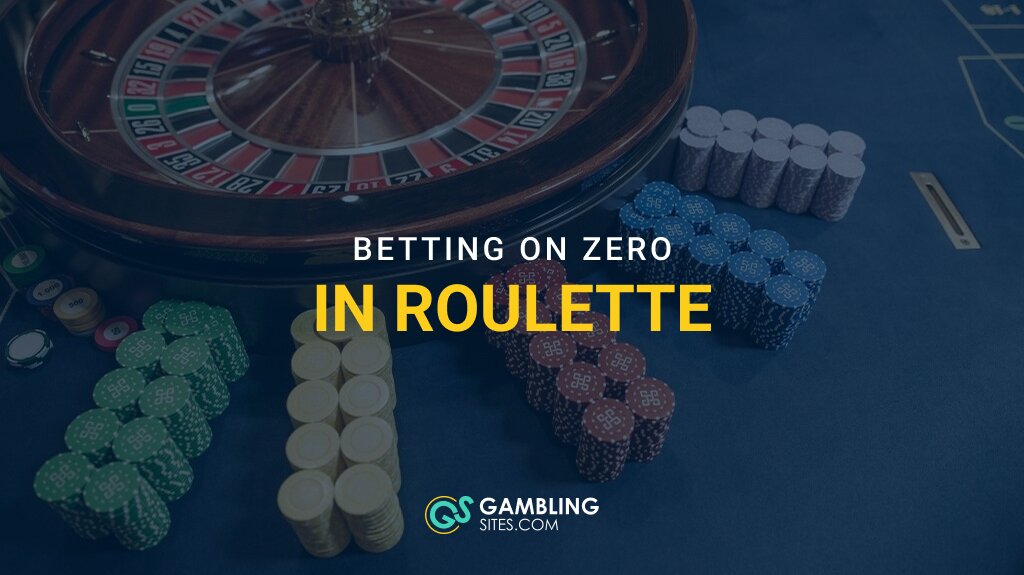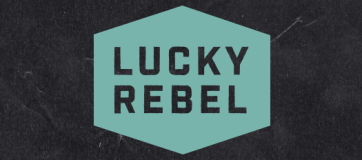Guide to Betting on Zero in Roulette

Betting on zero in roulette takes you into the one pocket that sets the entire game apart. Roulette tables come packed with choices, from even-money plays like red or black to high-risk wagers that promise larger payouts. Each carries its own odds, risks, and rewards. Zero, though, breaks the balance and demands a different way of thinking.
This article walks you through how the numbers work, the difference across table layouts, and why setting a zero roulette strategy matters more than most players realize.
Zero in Roulette Overview
The zero in roulette gives the house its built-in edge by breaking the balance of even-money bets like red or black. Each version of the game uses its own setup, and that changes the way it plays out. For example:
Odds and Payouts for Betting on Zero in Roulette
When betting on zero in roulette, you’re making what’s called a straight-up wager. The payout is always 35 to 1, but the likelihood of hitting green depends on the game variant you’re playing. A single-zero wheel has 37 pockets, the American one (with double zero) has 38, while a no-zero game technically removes that option altogether.
| Roulette Type | Pockets | Odds of Zero | Payout | $1 Bet Wins | $100 Bet Wins |
|---|---|---|---|---|---|
| Single Zero | 37 | 1 in 37 | 35:1 | $35 | $3,500 |
| Double Zero | 38 | 1 in 38 | 35:1 | $35 | $3,500 |
| No Zero | 36 | Not Available | N/A | N/A | N/A |
The math behind betting on green makes all the difference. The more zeros on the wheel, the tougher the odds for every other bet. That shift directly influences the house edge, which is why players often prefer single-zero formats when thinking about long-term strategy.
Zero Roulette Strategy
Zero is the hinge point in roulette. The count of green pockets on the wheel decides how much of an advantage the house holds. That edge shifts the math on every wager you place, so knowing the difference between no zero, single zero, and double zero setups is key before you map out a plan.
No Zero vs Single Zero vs Double Zero in Roulette
Players often ask which table layout gives the best shot to build their zero roulette strategy on. A rule of thumb is that unless you’re playing one of the modern versions with special features built in, the fewer green slots, the better the odds. Look at the house edge comparison below:
| Roulette Type | Zeros on Wheel | House Edge |
|---|---|---|
| No Zero | 0 | 0%* |
| Single Zero | 1 | 2.70% |
| Double Zero | 2 | 5.26% |
*No-zero tables are often paired with a commission or rule variation to maintain the game’s balance.
The takeaway is simple. European and French layouts with one green pocket give you stronger chances than American wheels. If you spot a no-zero game, understand the fine print because something else usually shifts to balance out the casino’s hold.
Other Roulette Strategies
You can also back up a zero roulette strategy with systems that guide how you increase or decrease your wagers. Three of the most popular ones are:
Each of these patterns can give you structure and keep the game interesting, though none of them actually shifts the edge created by zero. If you want a deeper breakdown, you can read our article about roulette strategy tips that digs into each system and how players actually use them.
Betting on Zero in Roulette: Key Points
Betting on zero in roulette means placing a straight-up wager on the green pocket, which pays 35 to 1 but carries different odds depending on the wheel. A European or French layout with a single zero offers a 2.70% house edge, while an American wheel with double zero pushes that to 5.26%. No-zero games remove the pocket entirely, though they often come with commissions or rule tweaks to keep the balance.
At the end of the day, you should only bet on zero if you’re looking for a fun wager that could lead to a bigger payout, though it makes the most sense as part of a wider approach. The best zero roulette strategy begins with picking the right wheel and then deciding if systems like Martingale, D’Alembert, or Fibonacci fit how you want to manage wagers.
 80%
80% 75%
75%
